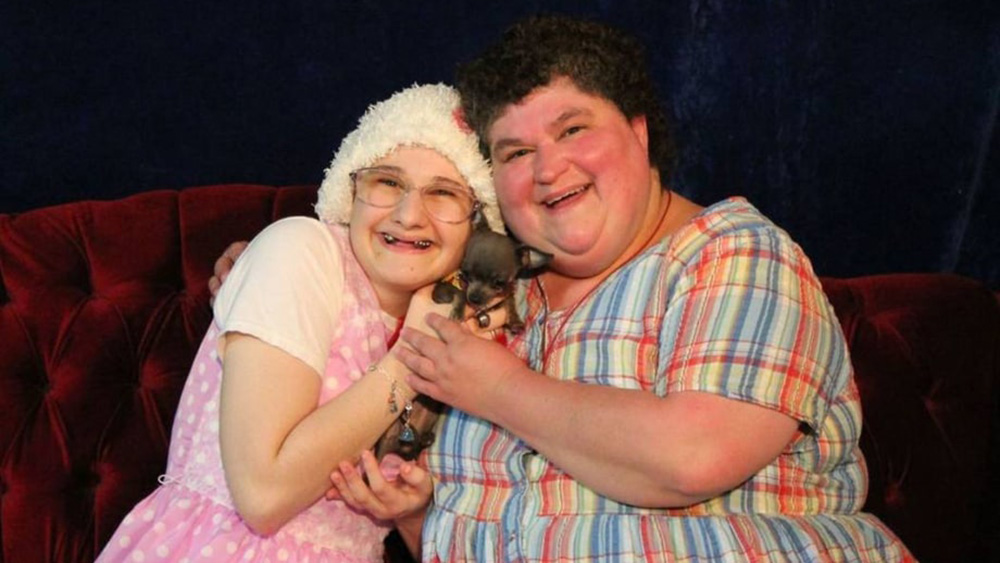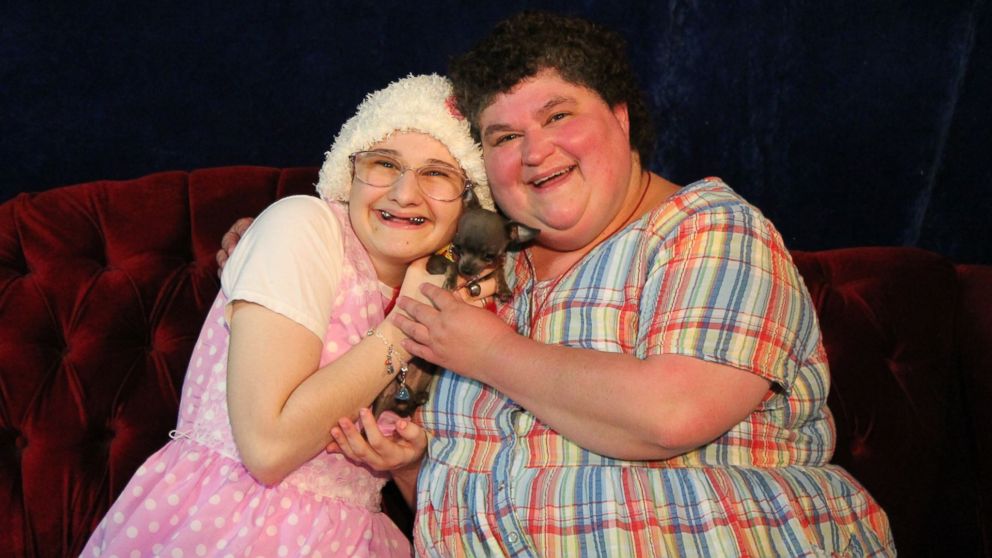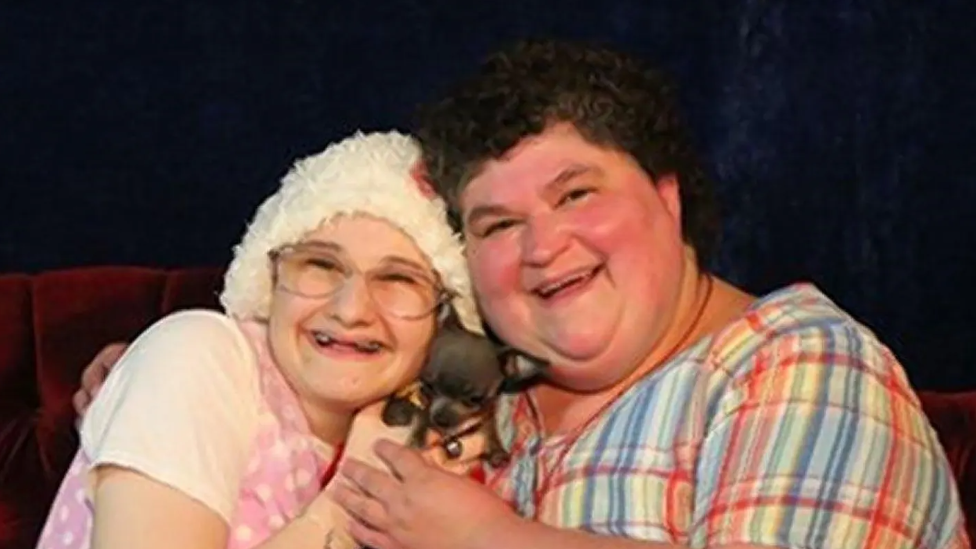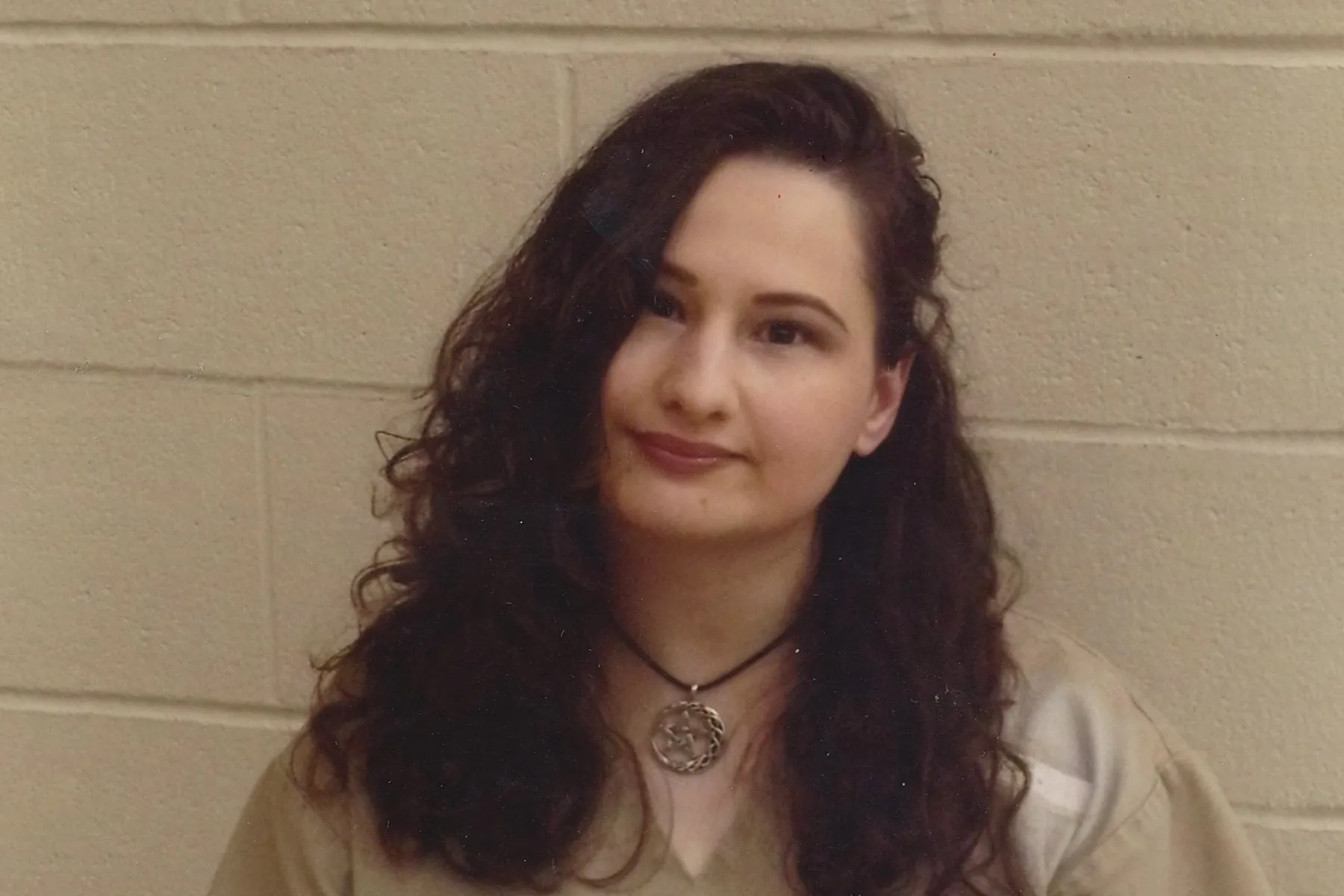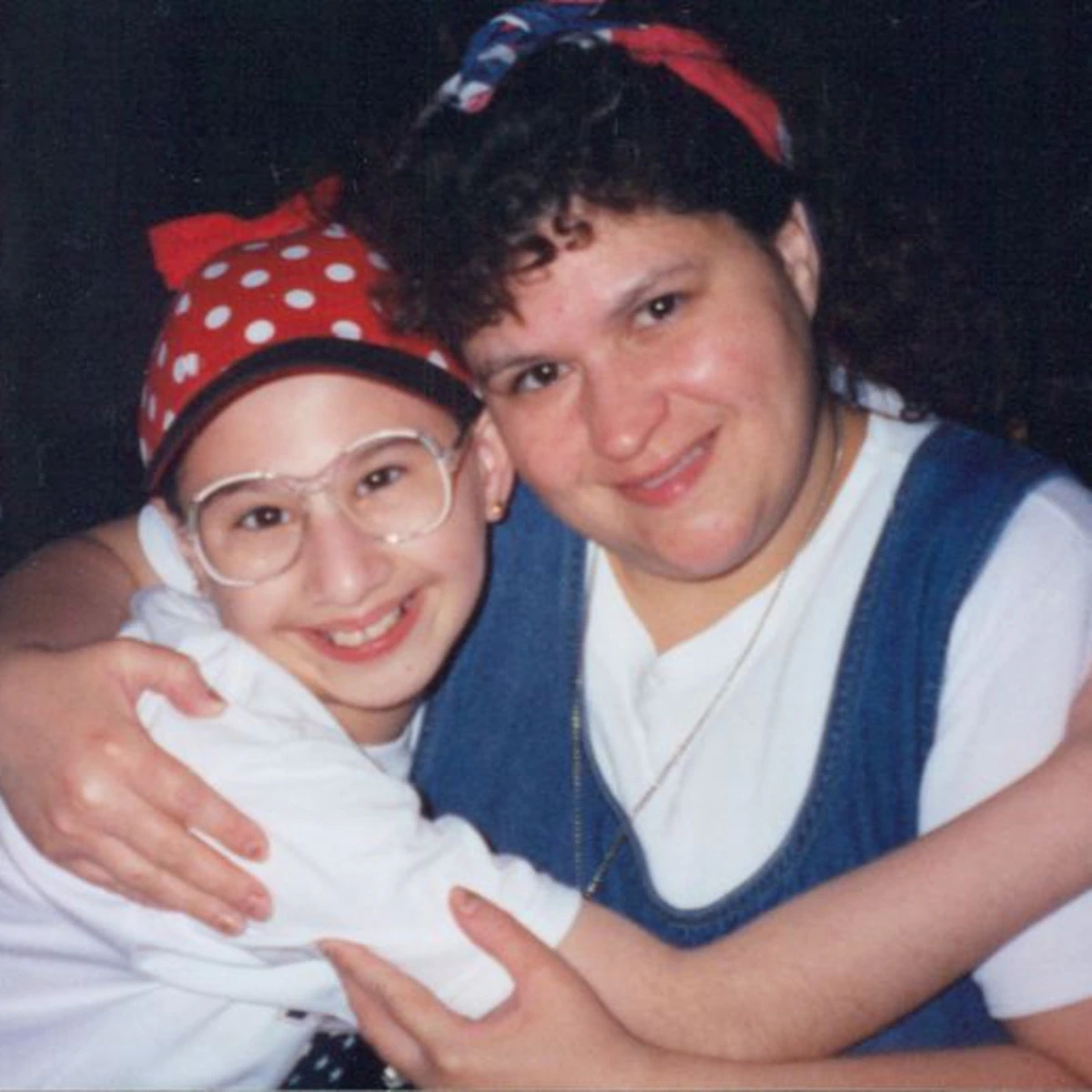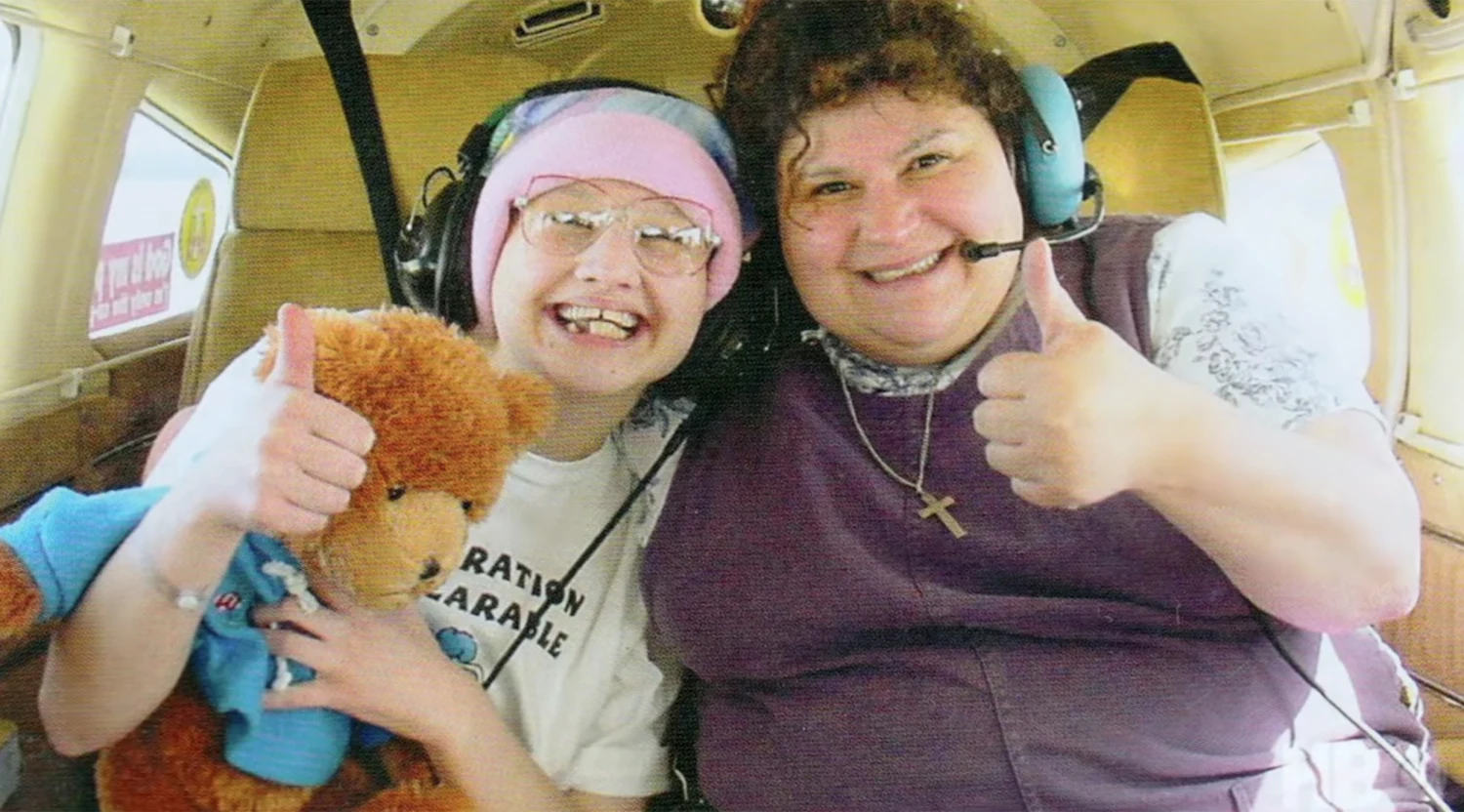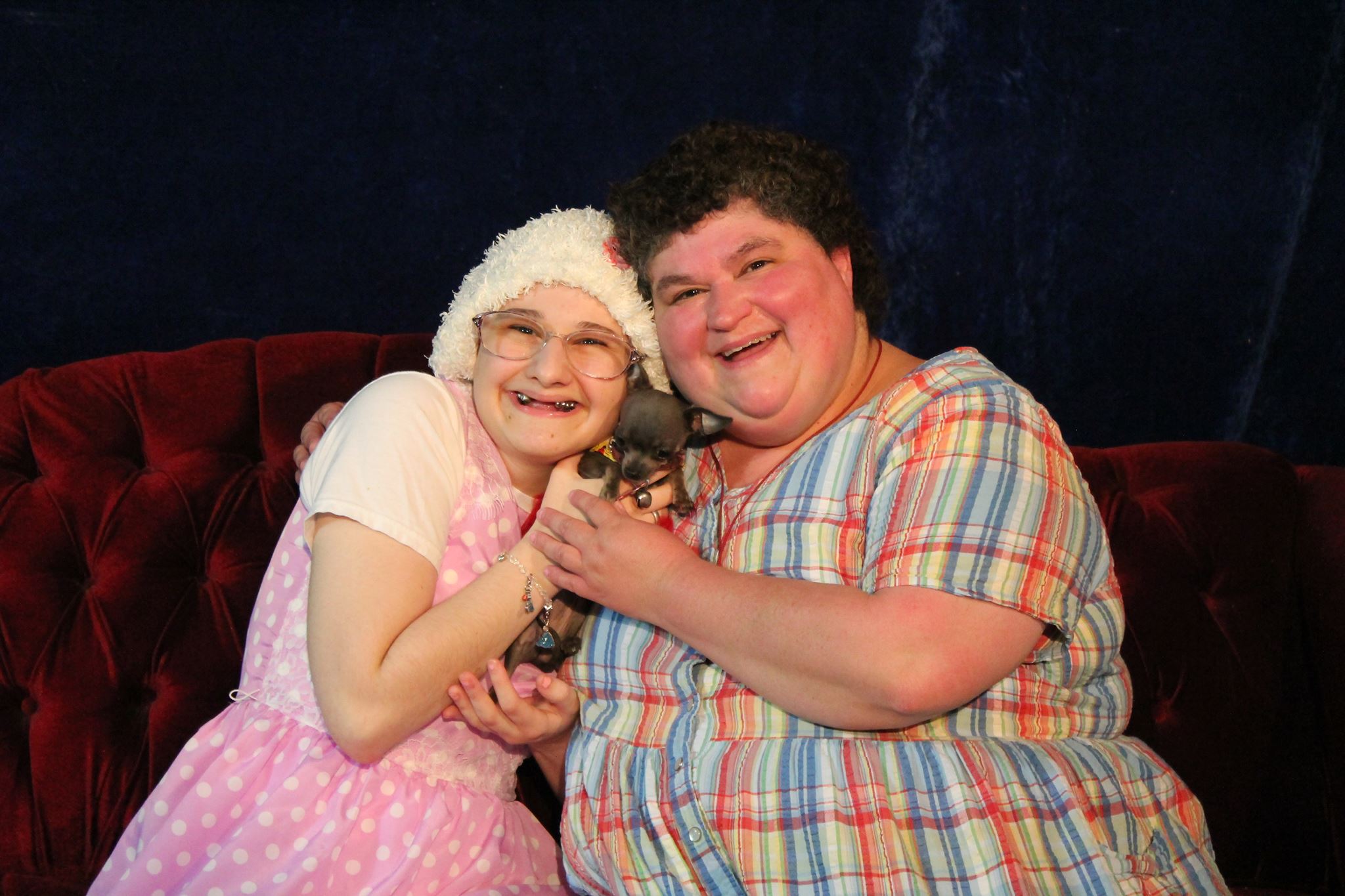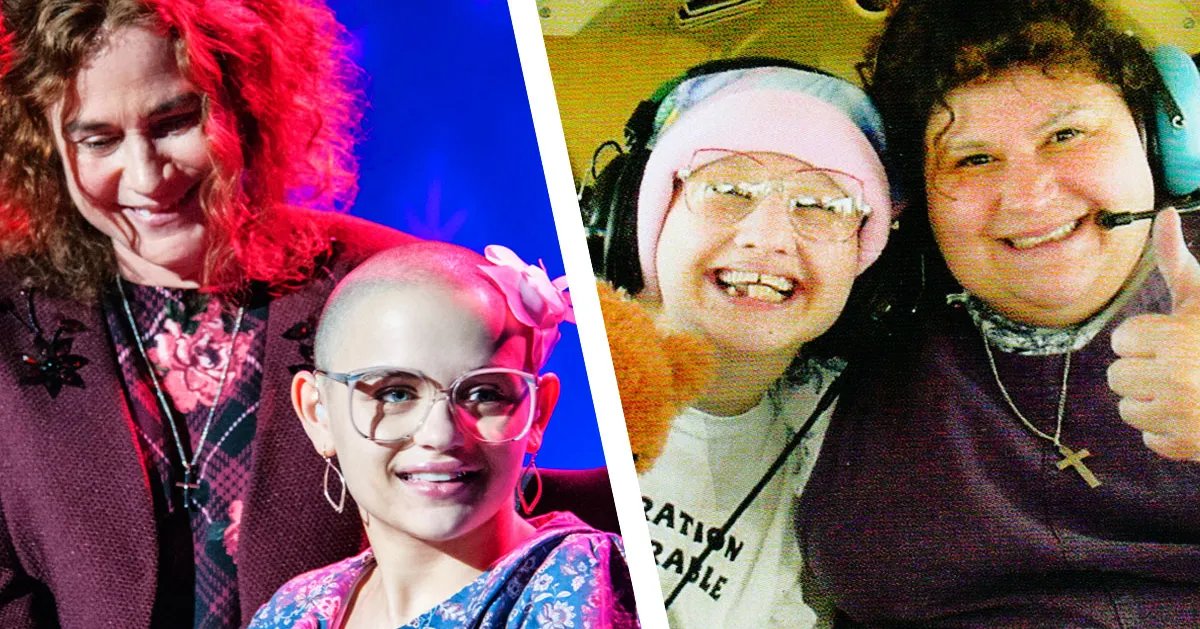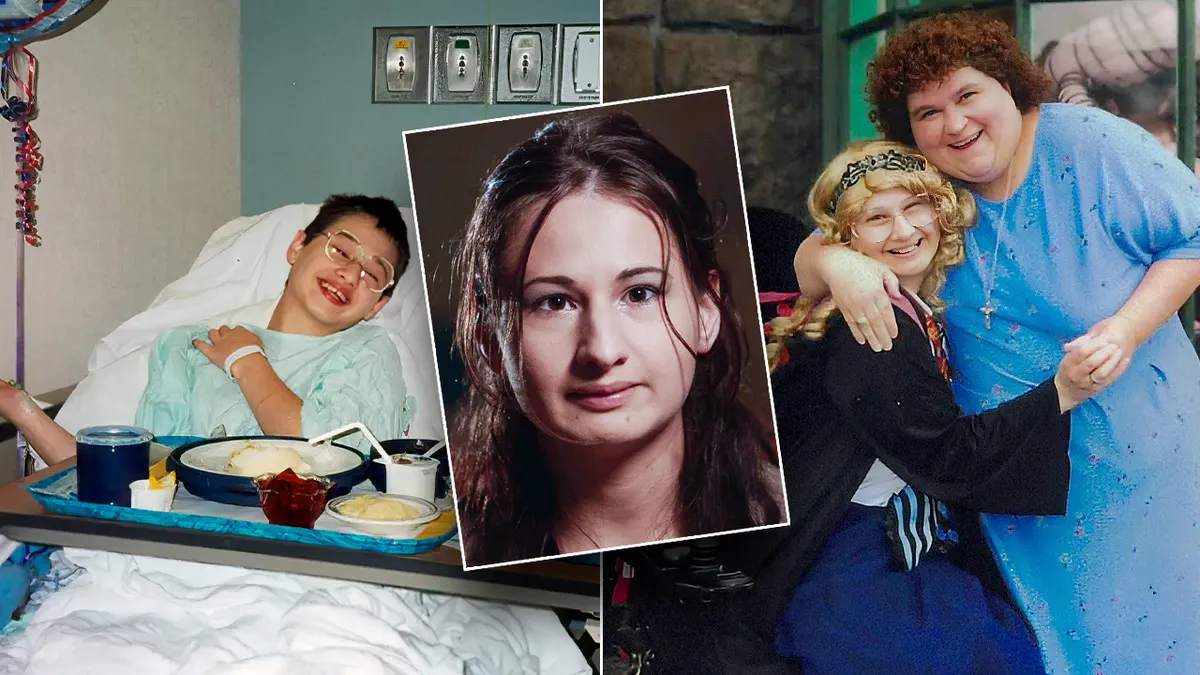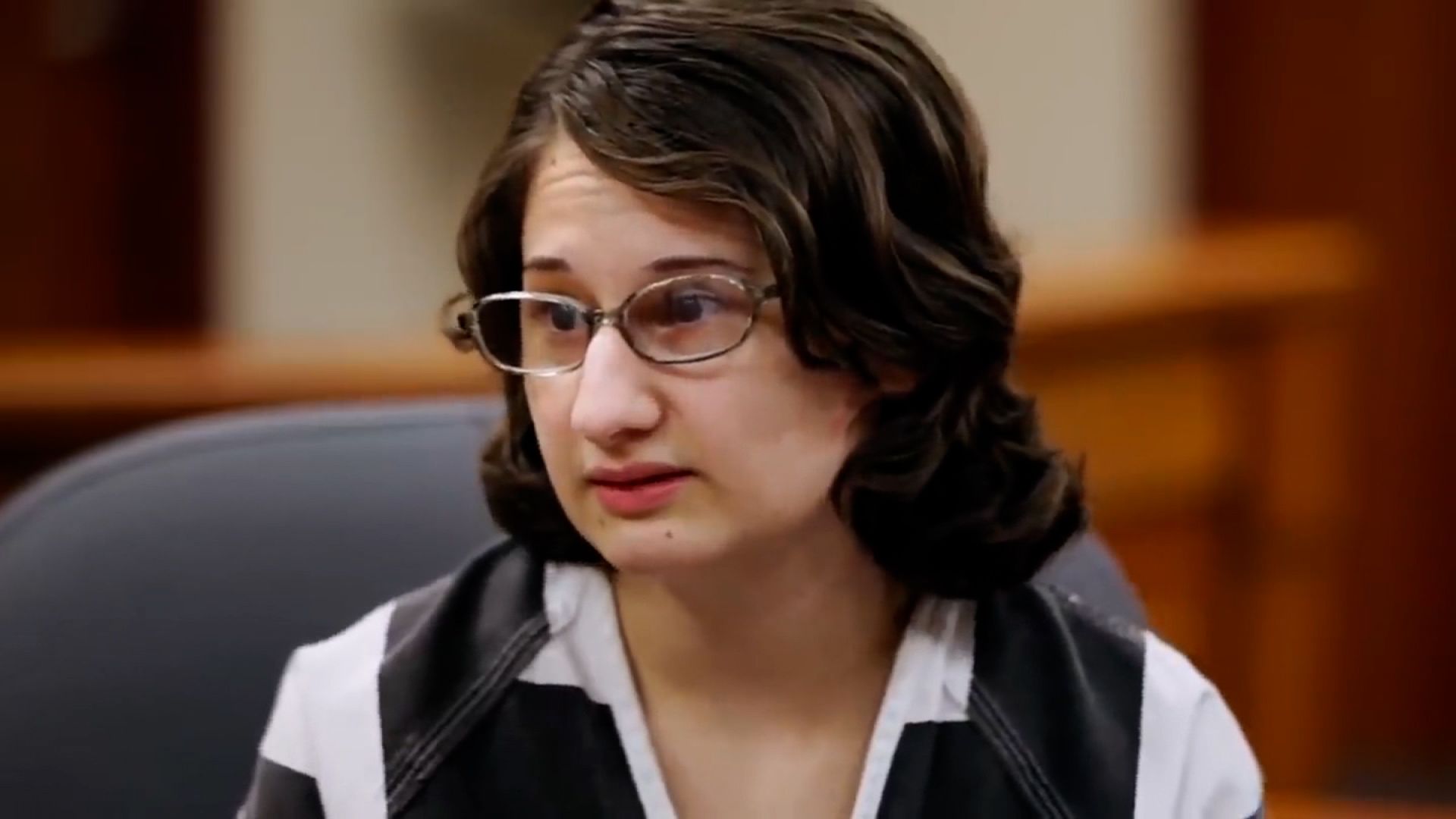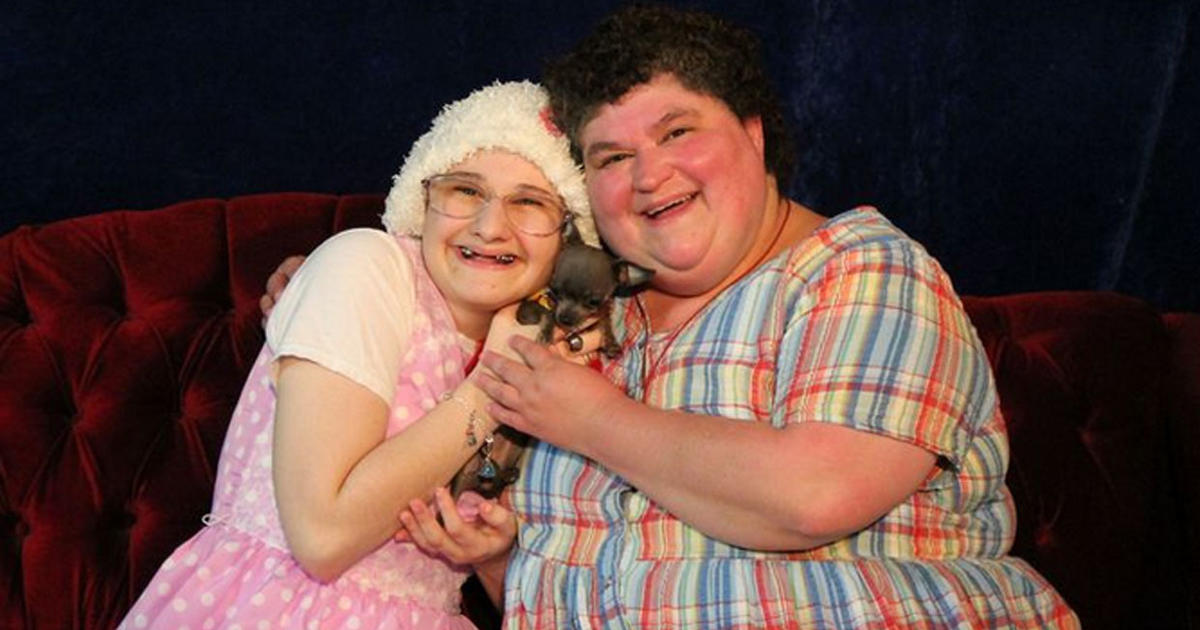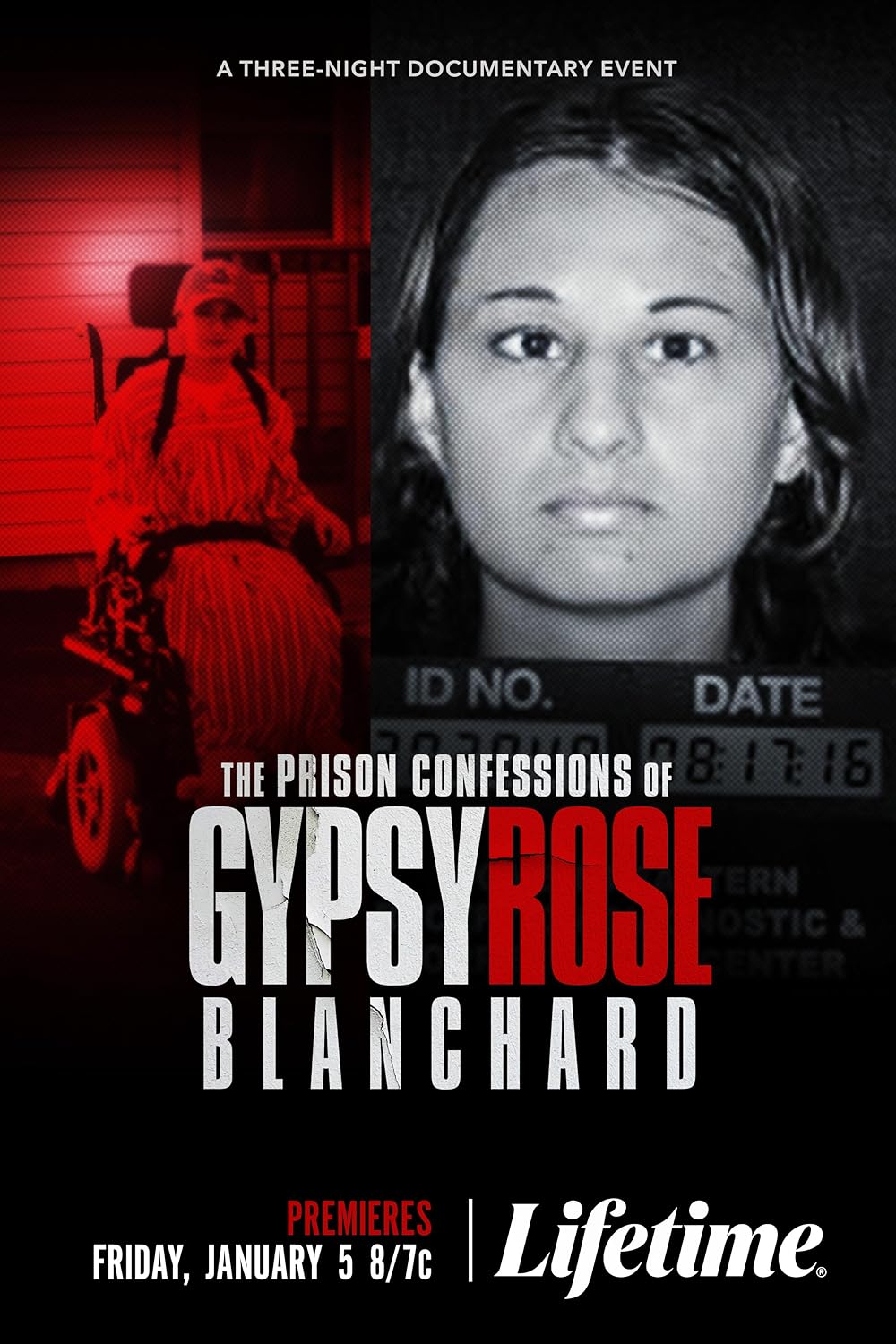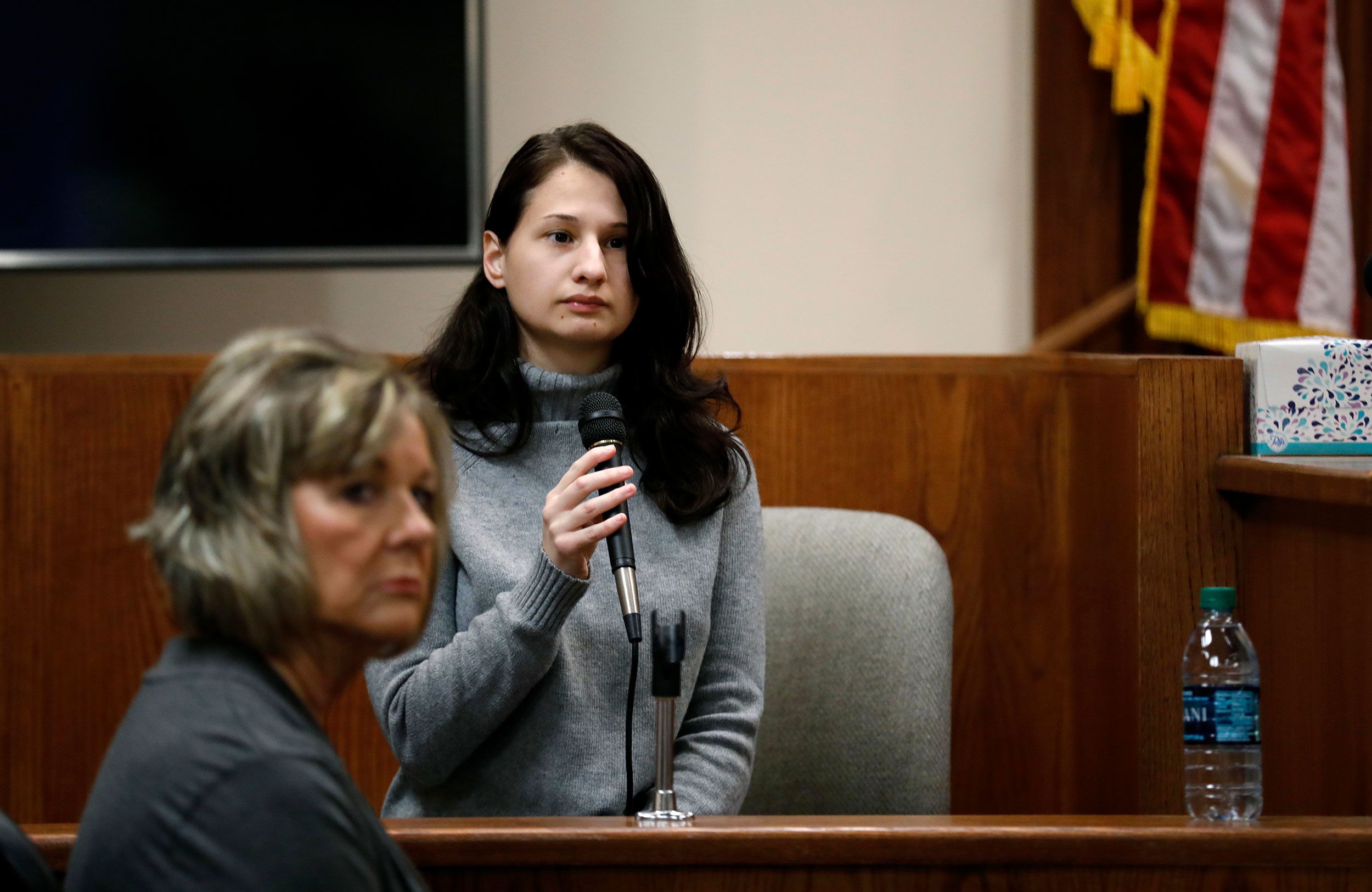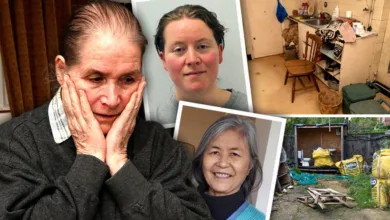Gypsy Rose Crime: Abuse, Legal Battles, and Advocacy
Gypsy Rose Crime
The case of Gypsy Rose Blanchard is as compelling as it is tragic, a twisted tale of deception, manipulation, and ultimately violence. Born in a small Louisiana town to Clauddine “Dee Dee” Blanchard and Rod Blanchard, Gypsy’s life from the onset seemed like an unending series of health catastrophes engineered by her mother. Dee Dee orchestrated a life filled with fictitious ailments for Gypsy, characterized by dramatic hospital visits and undue medical procedures. This story not only shook the nation because of its gruesomeness but also due to the psychological torment inflicted upon Gypsy, which eventually drove her to a desperate escape plan. The world watched as the complexities of Munchausen syndrome by proxy, a rare psychological disorder, played out in real life, turning a mother’s love into a nightmare fueled by deceit.
Background of Gypsy Rose Blanchard
Gypsy Rose’s life was overshadowed by the towering figure of her mother, Dee Dee Blanchard. Her mother spun a web of lies depicting Gypsy as a severely sick child who needed constant care. This narrative earned them sympathy, financial aid, and even a home built by Habitat for Humanity. The illusion of victimhood was Dee Dee’s gripping control tool, veiling Gypsy in a reality that wasn’t her own. As the manipulation progressed, the world outside saw a loving mother caring for a chronically ill child, but beneath that facade lay layers of control and psychological abuse laying the groundwork for future tragedy.
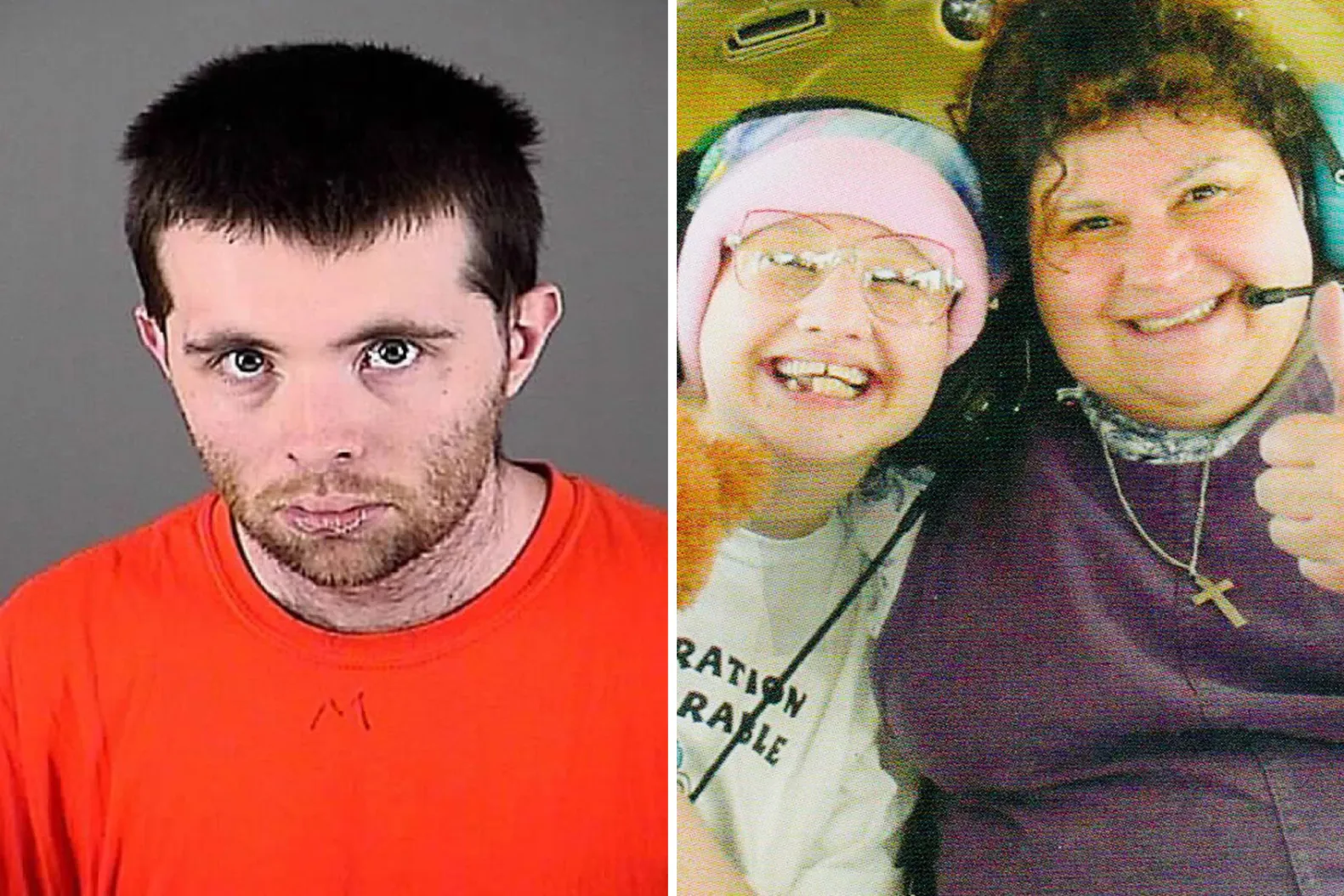
Early Life and Family Dynamics
In the tight-knit community of Golden Meadow, Louisiana, Gypsy Rose’s early years unfolded under the shrouded control of Dee Dee Blanchard. From birth, Gypsy was encumbered with the constraints of perceived illnesses a childhood spent not in playgrounds or schoolyards but in waiting rooms and hospital beds. Dee Dee claimed myriad ailments, from leukemia to muscular dystrophy, bending reality to fit her narrative, a practitioner of manipulation on an almost artistic level. This was Munchausen syndrome by proxy at its cruelest, reshaping Gypsy’s childhood into an unwitting performance of fragility and dependence.
The dynamic within the Blanchard family was unique and troublingly lopsided. Gypsy’s father, Rod Blanchard, had separated from Dee Dee before Gypsy’s birth. His sporadic presence in their life was portrayed by Dee Dee as irresponsible abandonment, further isolating Gypsy within the controlled environment she created. Rod was unaware of the scale of deceit Dee Dee orchestrated, visiting occasionally but noticing little beyond what Dee Dee allowed to be visible. In listing:
- Healthcare Manipulation: Countless doctor visits and claims of Gypsy’s non-existent diseases
- Community Deception: Utilized care-giving facade to gain sympathy and support
- Family Stratification: Kept physical and emotional distance between Gypsy and her father
Dee Dee thrived on the sympathy garnered from her community, depicting herself as the saintly caregiver, sacrificing every moment for her ailing daughter. This was more than a facade; it was a character she inhabited completely, a role she played not just for the outside world but seemingly for herself, leading to significant consequences for Gypsy.
Munchausen Syndrome by Proxy in Dee Dee Blanchard’s Behavior
The spectacle of Munchausen syndrome by proxy displayed through Dee Dee Blanchard’s actions is both appalling and textbook in its manifestation. A caregiver inducing, or inventing ailments in a dependent for Dee Dee, this became a sinister theater of control. She constructed a reality around Gypsy where lies intertwined with fabricated medical narratives so deeply rooted that Gypsy didn’t know any different. Dee Dee shaved Gypsy’s hair to mimic chemotherapy effects, fed her via unnecessary feeding tubes, and confined her to a wheelchair, though Gypsy was ambulatory.
Dee Dee’s behavior was supported by societal structures that failed to pierce the facade because of their own biases. Healthcare professionals and authorities often accepted Dee Dee’s assertions without rigorous questioning a tragic testament to their untrained eye against the disguised bounds of Munchausen syndrome by proxy.
- Healthcare System: Despite inconsistencies, few questioned the medical treatment pathways presented
- Community Support: Charities and neighbors, touched by the narrative, offered unwavering assistance
- Law Enforcement: Encounters with the law never revealed the deeper manipulations at play
Side-by-side, reality and fiction inhabited every corner of Gypsy’s life. Dee Dee thrived on the sympathy and attention showered upon them due to Gypsy’s suffering a maternal melodrama played out in endless cycles. Her intentions seemed rooted in a desperateneed for validation, yet the costs were real, driving Gypsy into a corner where pain was the only truth she knew.
The Crime Incident
Gypsy Rose Blanchard’s desperate bid for freedom from her manipulated life took a chilling turn in June 2015 with the murder of her mother. As Dee Dee Blanchard’s facade began to crack under Gypsy’s growing awareness, the need for liberation became potent and urgent. The power dynamics between mother and daughter shifted as reality seeped through the constructed illnesses. Gypsy, confined physically and emotionally for so long, saw a route to freedom through drastic action, demonstrating how extreme abuse can lead to equally extreme responses.
Events Leading to the Murder of Dee Dee Blanchard
In early 2015, Gypsy Rose Blanchard found solace and connection online, a digital sanctuary that offered what her physical world could not: anonymity, understanding, and love. It was through this online world that she met Nicholas Godejohn, a meeting less serendipitous and more pivotal, representing a stark counter to her isolated existence. As Gypsy allowed Nicholas, a man equally at odds with societal norms due to his autism spectrum disorder, into her life, an unusual alliance was formed one fueled by both love and a shared understanding of feeling trapped.
Gypsy’s realization that she was not bound by disease but by Dee Dee’s manipulation was a psychological unearthing. The online relationship with Nicholas turned into a lifeline. Together, they hatched a plan to end Dee Dee’s long-standing dominion over Gypsy’s life. Their plan wasn’t one of blind rage, but a calculated, albeit misguided, measure of liberation. The duality of their relationship:
- Connection with Nicholas: Gypsy’s exposure to a life beyond her immediate circumstances
- Shared Anxieties: Mutual feelings regarding control and desperate desire for autonomy
- Co-Created Plan: Murmurs of freedom turned to action, and action to planning a desperate escape
On many levels, it was emblematic of a rebellion against systemic oppression executed in the most intimate, yet tragic space of family dynamics. The realization that her “illnesses” were a facade Dee Dee masterfully crafted unleashed a cocktail of anger and betrayal so potent, it catalyzed Gypsy’s plot to end her entrapment.
Details of the Murder and Its Aftermath
The night of June 14, 2015, saw the culmination of Gypsy Rose Blanchard’s years of suffocated rebellion, turned brutal and tangible. Once asleep in her own web of manipulations, Dee Dee was stabbed to death in her Missouri home’s bedroom by Nicholas Godejohn, upon Gypsy’s behest. It was a plan cloaked in a harrowing desire for freedom, not just from her mother’s grip but from the web of lies spun around her.
Post-murder, Gypsy and Nicholas fled to Nicholas’s home in Wisconsin, leaving behind a digital breadcrumb trail that would soon intertwine their fates. They posted chilling messages on Dee Dee’s Facebook account, stark indicators of their actions, twisting the eyes of mask No furtherinquiry. And indeed, the immediate aftermath yanked Gypsy’s double-life from obscurity into undeniable reality.
As investigators dug deeper, they were met with a narrative that defied comprehension a case not of cold-blooded murder, but of layered abuse overcoming and smothering innocence to its breaking point.
- Digital Clues: Unraveled their location and intent
- Legal Confrontation: Launched investigations into the depth of Dee Dee’s deception
- Media Frenzy: Fractured public perceptions, some seen as sympathetic and others confounded by truth
The bizarre dissonance between public sympathy previously seen with Dee Dee and the gut-wrenching realization of what lay beneath left a nation grappling with the complexities of familial betrayal and survival against impossible odds.
Legal Proceedings
As the dust settled on the crime scene, Gypsy Rose Blanchard and Nicholas Godejohn found themselves embroiled in a legal quagmire. The judicial system, typically eagle-eyed in its pursuit of justice, encountered an uncommon complexity within the Blanchard case. Few cases test the limits of the law and psyche as entirely as this one, pitting notions of victimhood against the stark reality of criminal actions. Both Gypsy and Nicholas faced charges that would shape not only their futures but the broader discussions around culpability when psychological abuse is at play.
Charges Against Gypsy Rose and Nicholas Godejohn
The legal saga following the murder of Dee Dee Blanchard was rife with twists, as much as any Grisham novel, highlighting complicated issues of justice, responsibility, and psychological damage. Gypsy and Nicholas initially faced first-degree murder charges, raising questions about their intent and the premeditated nature of their actions. For many, it seemed another cart in the muster of justice; however, the reality beneath was starkly different.
Gypsy’s defense initially rested upon her years of systematic abuse at the hands of Dee Dee, a case built upon the premise of prolonged psychological trauma igniting a debate grounded as much in ethics as in law. For Gypsy and her legal team, the key was proving that she was, in essence, another victim of Dee Dee’s deceitful dance between sympathy and manipulation.
- Gypsy’s Defense Highlights:
- Systematic abuse evidence was integral
- Psychological evaluations formed a cornerstone
- Legal arguments focused on her victimhood, not merely her intent
Nicholas Godejohn’s defense operation was less rooted in personal history and more within cognitive limitations, revealed through a neurological assessment. Nonetheless, the echoes of manipulation touched his narrative, establishing a semblance of common ground with Gypsy’s suffering.
- Nicholas’ Defense Highlights:
- Cognitive challenges highlighted
- Influence by Gypsy overemphasized
- Emotional bonds deeply scrutinized
Godejohn’s legal narrative was not simple nor purely reactive, but rather tangled with the implications of intent versus capacity, becoming a telling examination of how law intersects with deeply personal psychologies.
Trial Outcomes and Sentencing
The legal process wrestled choices of empathy against the teleological virtues enshrined in law. Ultimately, Gypsy Rose Blanchard’s trial culminated in a plea deal she pleaded guilty to second-degree murder and was sentenced to 10 years in prison. The sentence was layered with complexities Gypsy’s upbringing marred her life, deeming her culpable under the law, yet underscored the painful nuances of victimization and retaliation.
Gypsy’s sentence was received with an undercurrent of both relief and urgency among advocacy people, an acknowledgment of the impossibility of a truly ‘just’ outcome:
- Gypsy’s Sentence:
- 10-year prison term
- Acknowledged substantial mental and physical manipulation
- Spurred discussions on the leniency and rigor of sentencing where abuse claims stand
Conversely, Nicholas Godejohn faced a sterner verdict, receiving life imprisonment without parole. Godejohn’s case emphasized an exhaustive review of intent, comprehension, and impact, displaying the justice system’s complexity when confronted by actions that straddle psychological abnormalities.
- Nicholas’ Sentence:
- Life sentence without parole
- Despite pleas of cognitive limitations
- Evaluated heavily on intent and participation
Gypsy’s sentencing initiated a global conversation on the implications and shortcomings of the justice system in recognizing and addressing cases wherein gross psychological abuse plays such a definitive role, shining a lens on the system’s limitations and pressing need for reformative resolutions.
Psychological Aspects
The legal outcomes served as an apparent end, but they only skimmed the surface of understanding the psychological undertones that marked Gypsy Rose’s life and subsequent actions. Unpacking this psychological mélange reveals intimate correlations between perpetration and victimization, showcasing cycles of despair birthed from unending deceit and isolation. The rationale behind the crime isn’t justified within legal frameworks alone it demands a deep dive into ones’ psychological soil.
Impact of Psychological Abuse on Gypsy Rose
Gypsy Rose Blanchard’s life was a portrayal of manipulation heaped upon manipulation a life dictated not by natural progressions but by the whim of Dee Dee’s pernicious behavior. This psychological abuse was extensive and crushing a pungent mix of falsehoods and dependency that stripped Gypsy of authenticity and autonomy. Munchausen syndrome by proxy morphed the mother-daughter relationship into a puppeteering dynamic where Gypsy was the unwilling marionette.
Impact on Gypsy’s Development:
- Developmental Deprivation: Years spent in medical settings deterred education and social interaction
- Identity Confusion: An unclear distinction between self and Dee Dee’s projected ailments
- Emotional Instability: Internalized stress and victimization sowed seeds of anxiety and self-doubt
The intersection of manipulation and Munchausen syndrome painted Gypsy into a corner, simultaneously a victim and student of deceit an education that would later explode in the form of rebellion. Gypsy’s understanding of the world was fundamentally skewed by authority figures whose intents were malignant, portraying a dangerous reality where trusting another could yield severe consequences.
Mental Health Consequences of the Crime
The repercussions of years marinated in psychological trauma didn’t simply culminate with the act of violence it extended beyond, manifesting in profound mental health repercussions for Gypsy Rose. Diagnosis of anxiety disorders and PTSD ensued, forming a shadowed undercurrent that persisted even as physical incarceration provided a respite of sorts from her previously tumultuous existence.
Life post-trial provided Gypsy the opportunity to untangle herself from the web Dee Dee wove around her; yet the scars remain etched in her psyche. Therapy and counseling became vital threads in Gypsy’s journey toward healing and self-discovery, addressing decades even she couldn’t fully articulate or reconcile.
Psychological Effects:
- Post-Traumatic Stress: Flashbacks and anxiety induced from prolonged deception and confinement
- Identity Formation Struggles: Portrayed dualities caretaker’s daughter vs. free individual
- Therapeutic Intervention: Continual support needed to navigate long-standing trauma
Gypsy’s post-crime existence emphasizes society’s need for better institutional support in addressing psychological abuse and crafting transformative spaces for healing at such volatile intersections of guilt, innocence, and trauma.
Public Reaction and Media Coverage
When headlines bellowed the demise of Dee Dee Blanchard at the hands of her daughter, it didn’t read like another tragic crime this was a saga of moral ambiguity and distress played out under glaring public scrutiny. The case was voraciously devoured by media and Internet communities alike, fitting within narratives both empathetic and critical, unmasking the potential role systemic failures played in Gypsy’s unraveling.
Media Representation of Gypsy Rose and Dee Dee Blanchard
The media portrayal of Gypsy Rose Blanchard initially sensationalized elements of immorality and murder but eventually shifted towards a more nuanced reflection upon the abuse she endured. Gypsy’s narrative, mined and cataloged by journalists, became formative not just in defining public perception but aided in crafting the larger societal debate on abuse and mental health.
With documentaries and dramatizations like HBO’s “Mommy Dead and Dearest” and Hulu’s “The Act”, her story was delivered to the masses through entertainment sparking renewed discussions on moral responsibility and victimhood. The fixative lens required a balance between illuminating a narrative of deceit and sheltering Gypsy from further victimization through public discourse.
Media Presentation Nuances:
- Documentary vs. Dramatization: Offer unique captures of abuse’s intricacies
- Narrative Shifts: Victim to villain, back to victim muddling public opinion
- In spite of sensationalism: Highlighted crucial dialogues on psychological health
Dee Dee, equally, was portrayed with multiple facades the loving mother, the manipulator, the victim of her own egotistical contortion a conundrum of perception that weightier narratives like documentaries attempted to deconstruct.
Influence of Social Media on Public Perception
Social media platforms became the courtroom of public opinion, their endless forums filled with debates surrounding Gypsy Rose and her circumstances. Platforms like Twitter and Reddit lit up with polarized perspectives some sympathized with the long-neglected girl while others riffed on definitions of justice. The omnipresence of digital dialogue underscored social media’s evolving role within societal narratives acting as both mirror and augmenter of public sentiment.
Social Media Influence:
- Opens Dialogue: Reliability on online spaces for shared empathy or critique
- Fractures Solid Narratives: Highlights diverse views, opinions, and narratives
- Public Sympathies: Continual tension between justice and psychological understanding
The court of public opinion is indeed relentless, yet its discussions serve as a frontline in revealing societal attitudes towards complex issues involving abuse, culpability, and mental wellness. Alongside this, the role of misinformation and sensational threads fueled debates and awareness, riveting the nation in a dialogue that reverberates through advocacy rooms and legal discussions worldwide.
Societal Implications
The exploration into Gypsy Rose Blanchard’s legal and personal story ushered a nationwide dialogue not merely on culpability but also on systemic neglect inherent within society. The lines between victim, villain, and circumstance blurred, raising questions and spurring reforms around perspectives regarding psychological abuse and institutional wrongs. This case emerges not as a static display in criminal history but as a dynamic catalyst for legislative and societal progress debates.
Discussions on Abuse and Mental Health Advocacy
The cataclysm surrounding Gypsy’s innocence versus guilt wove a potent and active tapestry for discussions framing abuse and mental health awareness. Her story became a rallying cry for advocates dedicated to highlighting overlooked abuse forms, agreeing largely on the need for strengthened systemic oversight that can discern nuanced abuse layers occurring beyond well-tended facades.
Advocacy Pathways:
- Awareness Campaigns: Highlighted the underrepresented abuse cases such as Munchausen syndrome by proxy
- Resource Networks: Expanded support systems for victims of psychological and physical abuse
- Education Initiatives: Targeted assistance improving professional understanding of complex disorders
These discussions began to take form not just in support rooms but academically, integrating into educational programs and reform efforts. Furthermore, they adhere to the understanding that mental health doesn’t merely survive in isolation but thrives in community support and acknowledgment.
Legal Reform Discussions Stemming from the Case
Gypsy Rose Blanchard’s case acted as a flashpoint propelling debates around legislative reform. Legal obligations regarding the recognition and actions upon detecting signs of long-term psychological abuse stepped forward, especially for entities responsible for child welfare. Conversations regarding reform are crucial in instituting durable changes within the way abuse is perceived and approached notably within:
Reform Initiatives:
- Mandated Reporting Adjustments: Enhancing training and procedures within healthcare and education sectors
- Policy Revisions: Robust incorporation of psychological abuse indicators within child welfare procedures
- Legal Systems: Consideration on how courts should weigh psychological manipulation in sentencing
Essentially, Gypsy’s story, entrenched within betrayals and misjudgments, became more than just a case study, transforming into an essential component of ongoing societal and legal analysis. It strategized focus upon safeguarding and supporting spaces vital for recognizing and halting damaging cycles of psychological manipulation.
Current Status of Gypsy Rose Blanchard
Emerging from incarceration, Gypsy Rose Blanchard represents an individual navigating a precarious balance rediscovering autonomy while continuously confronting deep-seated shadows shaped by familial domination and societal estrangement. Released from more than physical confines, Gypsy stepped forward determined to regain her individuality, reprogramming her narrative not just around survival but resilience, and gradually, forgiveness.
Life After Incarceration
Since her release from correctional institutions, Gypsy Rose has stepped into a new realm fraught with rebuilding, a rebuilding equally fraught with challenges and promise. Her path forward demands more than finding footing; it merges self-discovery with healing, and autonomy with advocacy, illustrating a narrative where past traumas do not exclusively bind future possibilities.
Gypsy has embarked on educational pursuits, seeking immersion in psychology an effort not only to mend her wounds but to equip herself professionally to assist others who may walk similar paths of treacherous complexity. In processing her earlier life experiences through an educational lens, Gypsy has afforded herself a uniquely empowering instrument one that arms her with knowledge wielded in solidarity with those enduring abuses and invisibilities.
- Educational Engagements: Began studying psychology to comprehend trauma systematically
- Community Involvement: Establishing support networks for recovery
- Public Communication: Engages with media narratives and advocacy as platforms for change
Resilience encapsulates Gypsy’s journey honoring circumstance while forging new paths, lifting narratives around her hand-in-hand with personal redefinition, and offering her life as a testament and teaching in managing anguish amid abuse.
Advocacy Efforts and Public Engagement
Harnessing her experiences into advocacy, Gypsy Rose has matured into a voice illuminating issues around child safety, psychological abuse, and **healthcare scrutiny. Her engagements project aspirations shaped by her intimate dealings with trauma and as pillars upon which others in similar predicaments may lean.
Advocacy Efforts:
- Public Speaking:
- Programming into conferences and events spotlighting issues concerning abuse and care
- Digital Platforms:
- Utilizing social media channels to enlighten the discourse surrounding psychological abuse
- Collaborative Campaigns:
- Partnering with organizations to evaluate case-handling mechanisms and offer insight on systemic failings
She acknowledges her narrative not as a tool of self-centered redemption but a springboard for communal evolution, blending awareness with action in an epicenter where understanding, empathy, and societal accountability must thrive.
Through empowering connections built on awareness, Gypsy Rose Blanchard aspires that her past doesn’t merely resound in retelling but carves arteries of advocacy and resilience ethnographers of trauma can model upon. In this very intersection of sorrow and hope, Gypsy extends her platform redefining a somber past into blossoming possibilities of communal understanding and change.
Frequently Asked Questions (FAQs)
1. What forced Gypsy Rose Blanchard to murder her mother, Dee Dee?
- Gypsy Rose endured years of systematic abuse characterized by Dee Dee’s Munchausen syndrome by proxy. Her manipulation led to a desperate quest for freedom, culminating in murder.
2. What sentence did Gypsy Rose receive after the trial?
- Gypsy Rose pleaded guilty to second-degree murder and was sentenced to 10 years in prison in 2016.
3. What is Munchausen syndrome by proxy?
- It’s a psychological disorder where a caregiver fabricates or induces illness in a person under their care to gain sympathy or attention.
4. How has Gypsy’s life changed post-incarceration?
- After release, Gypsy has focused on advocacy and education in psychology, engaging in public discourse surrounding abuse and mental health.
5. What impact did social media have on public perception of Gypsy’s case?
- Social media generated polarizing debates on her innocence and victimhood, highlighting societal fractures on issues of culpability and abuse understanding.
Key Takeaways
- The case reveals the dangerous effects of Munchausen syndrome by proxy, highlighting severe patient manipulation.
- Legal trials emphasized complex intersections of psychological and legal aspects with Gypsy receiving a 10-year sentence.
- Post-incarceration, Gypsy is focused on education and advocacy, drawing from her experiences towards societal reform.
- Media coverage has been pivotal in shaping public perception, portraying a byzantine dance of victim and perpetrator narratives.
- Advocacy continues to refocus on institutional reform and enhanced awareness regarding psychological abuse.
Conclusion
The tragedy of Gypsy Rose Blanchard’s life unveils the multilayered intricacies of emotional manipulation, allowing the world a unique glance into the shadows of psychological duress. With the unseen strands of Munchausen syndrome by proxy weaving around her reality, Gypsy was trapped within Dee Dee’s paternalistic terrarium a cage ludicrously garnished in sympathy and faux-care, penetrated only by the desperate act of violence. Emerging scars etched into her psyche, Gypsy’s narrative isn’t strictly one enlaced within victimhood but embodies the potential for resilience amid adversity. Her life, now intrinsically associated with advocacy and outreach, offers not merely a narrative of personal redemption but underscores a need for societal vigilance and reform. Her journey reframes the paradox of abuse within legal, medical, and emotional realms, fostering a hope that through dialogue and awareness, the cycle of manipulative deception and pain can truly dissolve.





